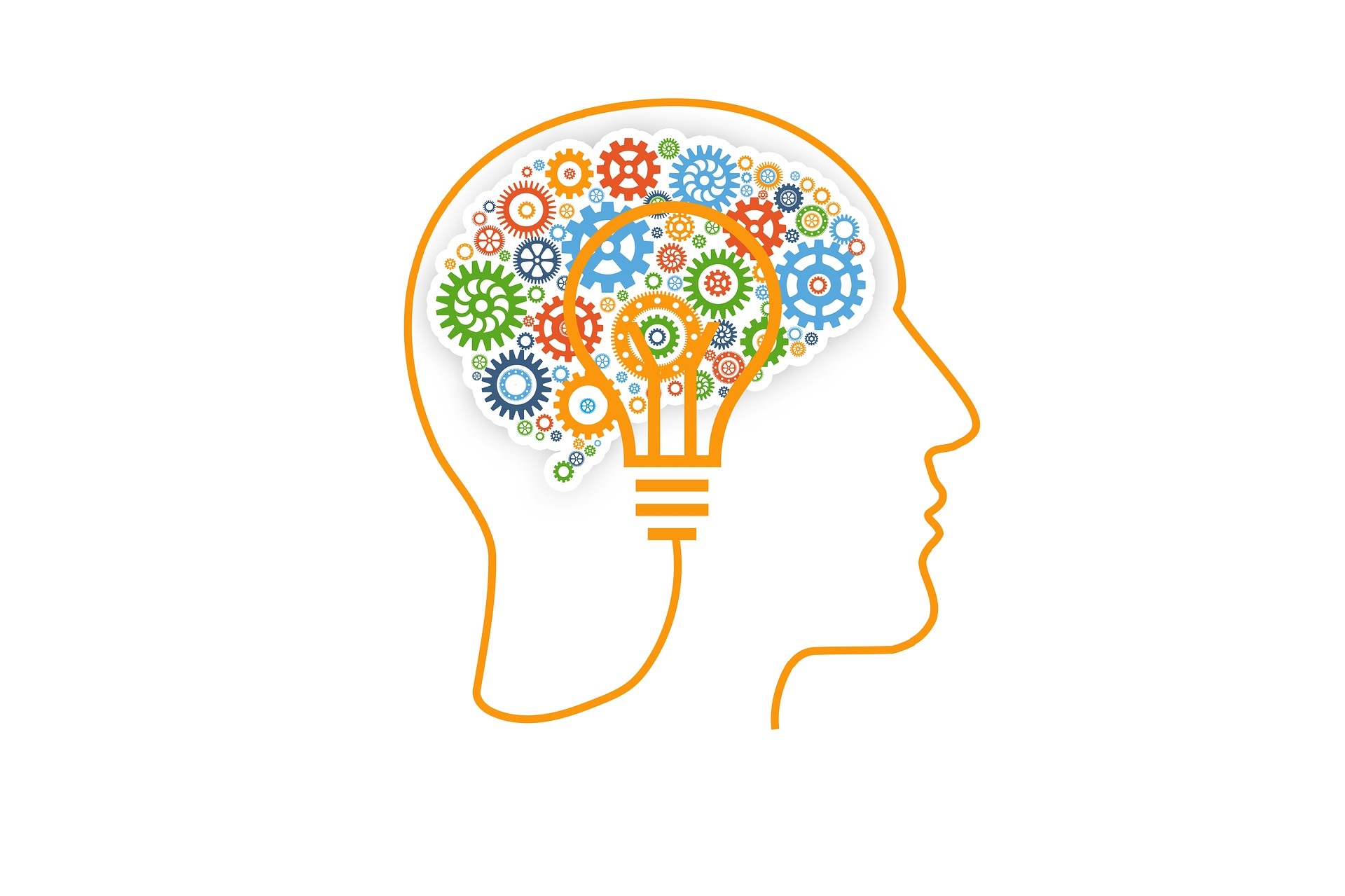
𝗛𝗼𝘄 𝗱𝗼 𝘄𝗲 𝗵𝗼𝗹𝗱 𝗼𝗻𝘁𝗼 𝗼𝘂𝗿 𝗶𝗻𝘁𝗲𝗹𝗹𝗶𝗴𝗲𝗻𝗰𝗲?
Simon Kuper’s 2025 article in The Financial Times ‘The Evolution of Stupid’ is thought provoking.
Here’s a snapshot of what Simon Kuper states:
“AI is the latest in a sequence of inventions that have made humanity dumber.
We outsourced our math skills to calculators, our memory to Google and navigation to Google Maps.
Sometime in the 1990s, the decades long international rise in IQs began going in reverse.
Later Google Translate came to handle foreign languages for us, while social media broke our concentration and reading habits.
Then on November 30, 2022 Open AI released ChatGPT”.
Simon Kuper also mentions the rise of AI companions that are outcompeting humans at social interactions.
Reflecting on Simon Kuper’s article, we may conclude we face a dilemma.
Can we avoid using AI to write our messages, summarize and analyse reports and respond to complex challenges, so that we train our brains? What would a reduction in the use of AI mean for our efficiency and competitiveness? If we increase the everyday use of AI, what is the company’s strategy to achieve re- and upskilling of their staff? These are questions every senior management team should consider without delay to ensure brainpower is not lost.
Janet Poot
















